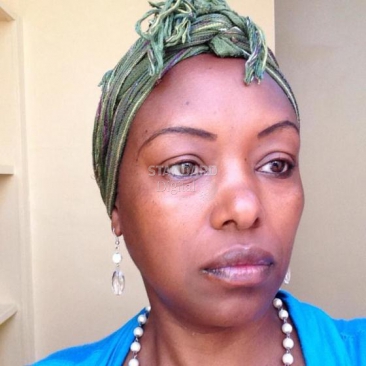×
The Standard e-Paper
Stay Informed, Even Offline

The case of five students who disappeared from Stephjoy Academy in Limuru only to resurface a week later at a TV station and the cavalier manner they were received by their parents has shocked many Kenyans.